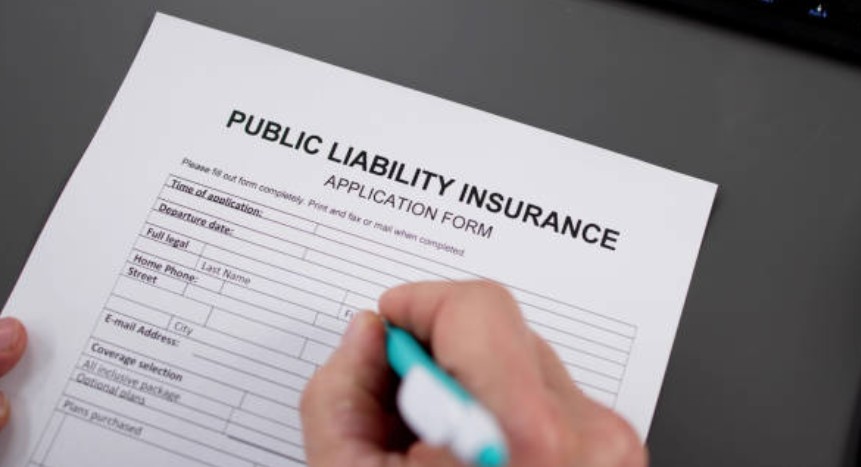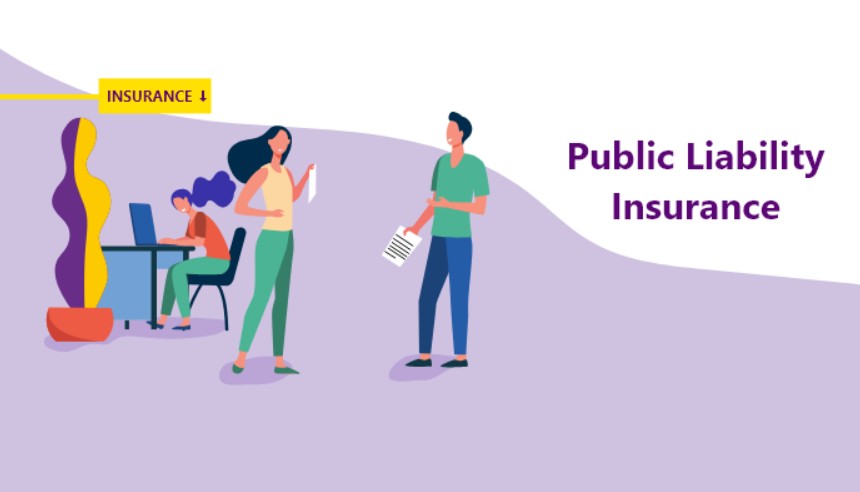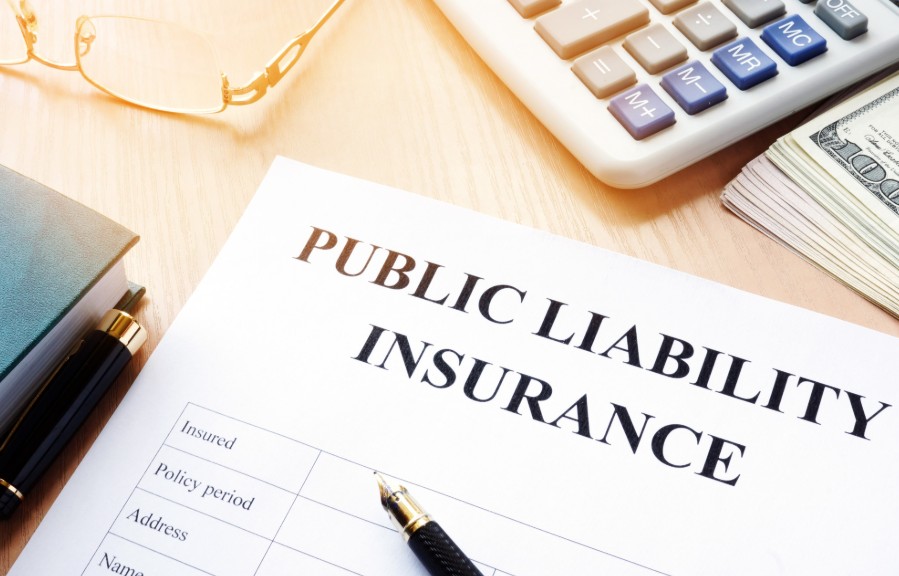If you’re self employed in the UK — whether you’re a builder, consultant, hairdresser, or freelancer — understanding public liability insurance for self employed individuals is essential. Running your own business means you’re personally responsible for everything that happens on the job. From accidents to property damage, the risks you face can lead to costly claims.
This comprehensive guide covers everything you need to know about public liability insurance specifically for self-employed professionals in the UK: what it is, why it’s important, what it covers, how much it costs, and how to choose the right policy to protect yourself and your business.
What Is Public Liability Insurance for Self Employed People?

Public liability insurance is a type of business insurance that protects you financially if someone who isn’t part of your business suffers injury or property damage because of your work activities.
For example, if a client slips over your tools left on the floor, or if you accidentally damage a client’s property while working on-site, you could be held legally responsible for the costs. Public liability insurance covers your legal fees, court costs, and any compensation awarded, protecting your personal and business finances.
When you’re self employed, unlike employed workers who benefit from their company’s insurance, you’re personally responsible for such risks. That’s why public liability insurance for self employed professionals is often described as a safety net for your business.
Why is it Important for the Self-Employed in the UK?
Being self-employed offers freedom and control, but it also means you face risks alone. Here are several reasons why public liability insurance for self-employed people is crucial:
1. Financial Protection Against Costly Claims
If someone sues you for injury or damage, legal costs and compensation can run into thousands or even tens of thousands of pounds. Without insurance, these expenses come directly out of your pocket, which could put your business, or even your finances, at serious risk.
2. Client and Contract Requirements

Many clients, especially commercial ones or larger companies, will require you to have public liability insurance before agreeing to work with you. This is standard practice in sectors like construction, events, or consultancy, where risk is higher.
3. Peace of Mind to Focus on Your Business
Accidents can happen even if you’re careful. Knowing that you’re covered allows you to concentrate on growing your business instead of worrying about potential claims or lawsuits.
4. Competitive Advantage
Having public liability insurance makes your business appear professional and trustworthy. It shows clients you take your responsibilities seriously and have measures in place to manage risks.
Who Should Consider Public Liability Insurance?
If you are self employed and have any interaction with clients, customers, or the public — whether on their premises, your own, or in public spaces — public liability insurance is strongly recommended. This includes:
- Tradespeople: Builders, electricians, plumbers, decorators, carpenters
- Personal services: Hairdressers, beauticians, massage therapists, fitness trainers
- Freelancers and consultants: Photographers, event planners, marketing consultants
- Mobile businesses: Caterers, cleaners, gardeners who work at client locations
- Market traders and event organisers
Even if your business is low risk or home-based, if you visit clients or they come to your premises, you could still be liable for accidents.
What Does Public Liability Insurance Cover?
Public liability insurance typically protects against:
Bodily Injury Claims
If a third party is injured because of your business activities, such as a customer tripping over your equipment or slipping on a wet floor you didn’t mark, your insurance covers their medical expenses and any compensation claims.
Property Damage Claims
Accidental damage to someone else’s property — for example, breaking a client’s window while carrying equipment — is covered.
Legal Costs
Defending a claim can be expensive, even if you’re not at fault. Your policy covers solicitor fees, court costs, and other legal expenses.
Compensation Payments
If a court or settlement decides you are liable, the insurance pays compensation to the injured party up to the policy limit.
What Isn’t Covered by Public Liability Insurance?
It’s important to understand what this insurance doesn’t cover:
- Injury to yourself or your employees: This is covered by employers’ liability or personal accident insurance.
- Damage to your property or tools: You need business contents or equipment insurance for this.
- Professional errors or negligence: For mistakes or faulty advice, you need professional indemnity insurance.
- Contractual disputes: Issues like unpaid invoices or breach of contract aren’t covered.
How Much Does Public Liability Insurance Cost for the Self-Employed?
The cost depends on several factors, including:
- Your industry and the level of risk involved
- The size and turnover of your business
- The amount of cover you choose (usually between £1 million and £5 million)
- Your claims history
- Whether you operate from home or commercial premises
For many low-risk self-employed workers, policies can cost as little as £5 to £15 per month. Tradespeople or businesses working in higher-risk environments may pay more, sometimes up to £50 or more monthly.
Given the potential cost of a single claim, public liability insurance is an affordable way to protect your livelihood.
How to Choose the Right Public Liability Insurance Policy?

1. Assess Your Risks
Consider the nature of your work and the chance of causing injury or damage. The higher the risk, the higher your premiums may be, but coverage is even more important.
2. Understand Client or Contract Requirements
Check if your clients or industry regulators require a minimum level of cover — this is common in construction and regulated professions.
3. Compare Quotes from Specialist Providers
Look for UK-based insurers or brokers that specialise in self-employed or small business insurance. Popular providers include Simply Business, Hiscox, AXA, and Direct Line.
4. Review Policy Terms Carefully
Make sure you understand what’s covered, policy limits, excess amounts, and exclusions.
5. Consider Add-Ons
Some insurers offer additional cover such as tools and equipment insurance, product liability (for goods you supply), or legal expenses cover.
How to Make a Claim on Public Liability Insurance?
If someone claims you:
- Contact your insurer immediately.
- Provide detailed information and any evidence.
- Don’t admit liability or offer settlements without advice.
- Work with your insurer’s legal team to manage the claim.
Good insurers will guide you step-by-step to protect your interests.
Final Thoughts
For self employed professionals in the UK, public liability insurance is one of the most important protections you can have. It safeguards your business from expensive claims, builds client confidence, and lets you focus on your work without fear of financial disaster.
Even if it’s not legally required, the benefits far outweigh the small cost. Make sure to shop around, understand your needs, and pick the right policy to keep your business secure.
Frequently Asked Questions (FAQs)
Is Public Liability Insurance Mandatory for the Self-Employed?
No, it is generally not a legal requirement, but it is often contractually required by clients or venues.
Can I Work Without It?
Yes, but you risk losing clients and facing significant financial exposure if a claim is made.
How Much Cover Do I Need?
Most self-employed people choose between £1 million and £5 million, depending on the risk and client requirements.
Does It Cover My Employees?
No, you’ll need employers’ liability insurance for employees.

Leave a Reply